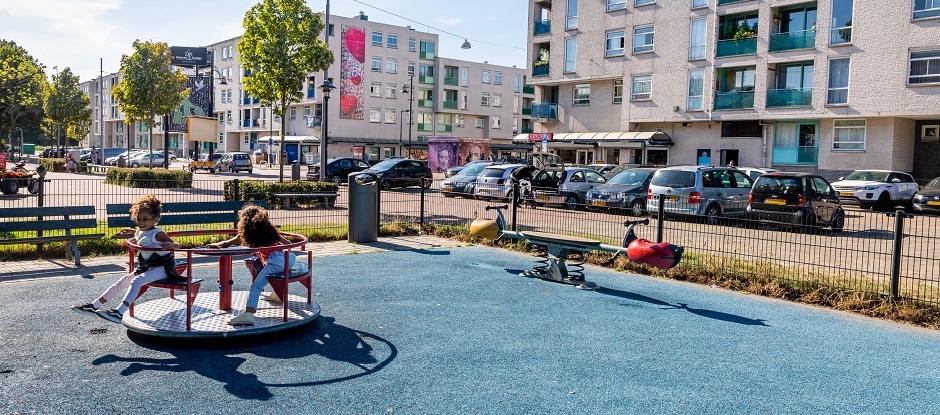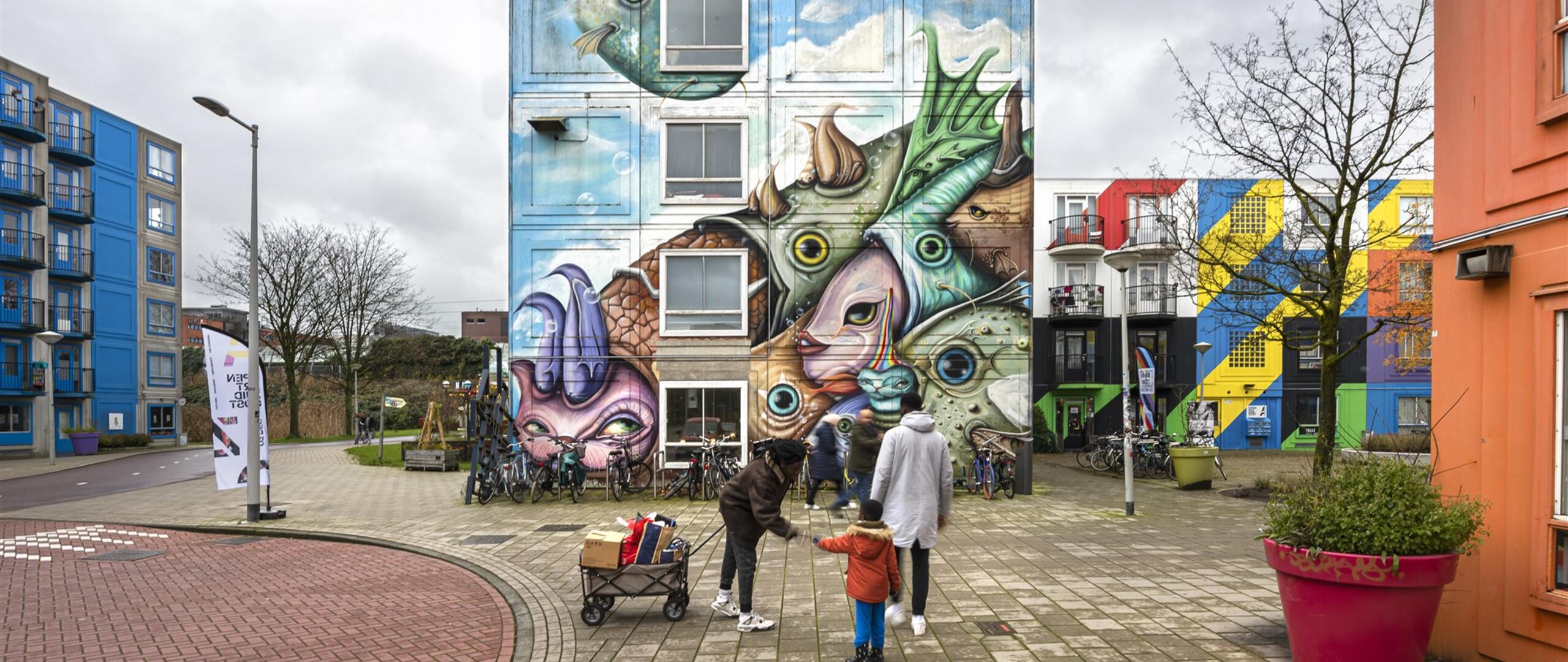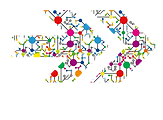For residents

Be a part of Venserpolder's Energy Future
For residents of Venserpolder in Amsterdam Southeast, the energy transition brings both opportunities and uncertainties. As the municipality plans to go “van het gas af” by 2040, the future of local heating grids remains unclear. Meanwhile, rising energy prices—like the sharp increase seen in 2022—could happen again, posing the risk of energy poverty for many households.
National policies are also changing. For example, the salderingsregeling (net metering for solar power) will be phased out in 2027, which may challenge the business case for installing rooftop solar panels. In an area like Venserpolder, where many households are part of homeowner associations (VVE’s) with mixed ownership, implementing solar panels or other renewable energy measures is already complex.
Additionally, grid congestion is becoming a more pressing issue, increasing the likelihood of power outages. This means that flexibility in energy use will become more crucial to avoid overloading the grid in the future.
The Challenges for Venserpolder Residents
With these factors in mind, residents face several key challenges:
- Affordability: How can we ensure energy bills remain manageable?
- Smart Energy Use: How can energy be used in a more flexible and intelligent way to prevent grid overload?
- Local Ownership: How can residents take more control over their energy, becoming less reliant on unpredictable global markets?
- Institutional Support: How can residents be supported by organizations to make the energy transition easier?

The LIFE Project’s Approach
- Options for solar panel installations
- The types of organizational structures that can support energy solutions
- Opportunities for collaboration with key stakeholders, such as the Johan Cruijff ArenA, to create shared solutions for the neighborhood
Get involved!
